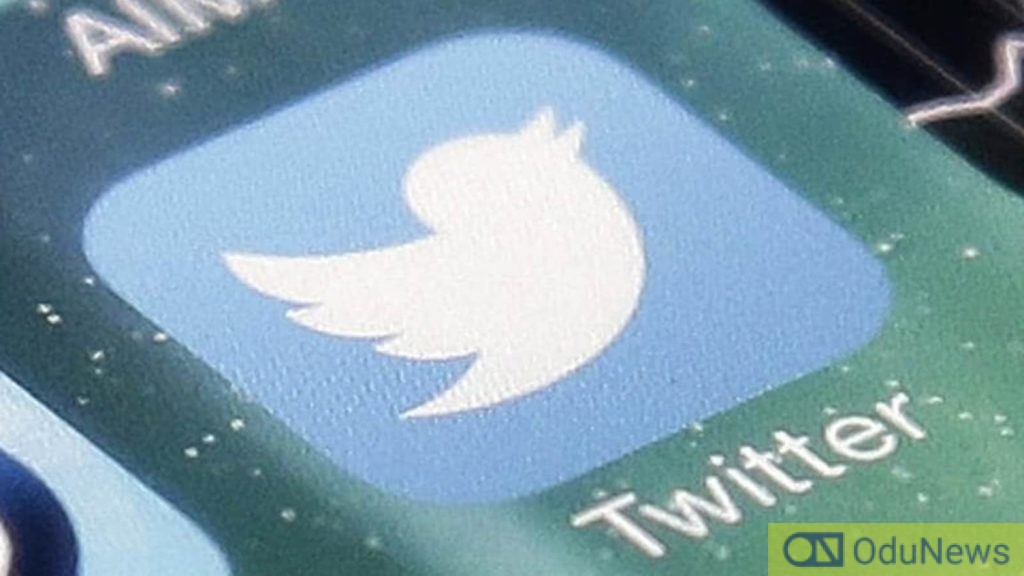Twitter has recently made changes to its developer rules, effectively banning third-party clients from using its API or content to create or attempt to create a substitute or similar service or product to Twitter’s own “consumer facing products, services, applications, websites, web pages, platforms, and other offerings.”
This move comes after Twitter blocked several popular third-party Twitter clients like Tweetbot and Twitterific with little to no explanation. Developers behind the apps have expressed frustration over the lack of communication from Twitter and the lack of clarity about which rules were being broken. Some speculate that the change may be financially motivated, as third-party clients may earn Twitter less revenue than its own first-party apps. The company has not officially announced the rule change.
The recent rule change has caused quite a stir among the developer community and Twitter users alike. Many have criticized the lack of transparency and communication from Twitter, with some developers noting that they had been following the company’s API rules for years without any issues. Some have also pointed out that the move may have a negative impact on innovation and the user experience, as third-party clients have historically played a significant role in shaping the way people interact with the platform.
One of the main concerns is that the ban on third-party clients may limit competition and stifle innovation. Many popular third-party clients offer unique features and functionality that are not available in Twitter’s official app. For example, Tweetbot offers advanced filtering and muting options, while Twitterific offers a more customizable interface and a built-in analytics tool. These third-party clients have also played a key role in shaping the way people interact with the platform, and many users have grown accustomed to using them as their primary Twitter experience.
Another concern is that the rule change may have a negative impact on the revenue of third-party developers who rely on the Twitter API to power their apps. Some developers pay to access the API, but Twitter doesn’t serve ads through it, reducing its ability to monetize people using alternative apps. Additionally, users of third-party clients may not be as interested in Twitter’s subscription service, Twitter Blue, which mainly adds features to the official Twitter app.


